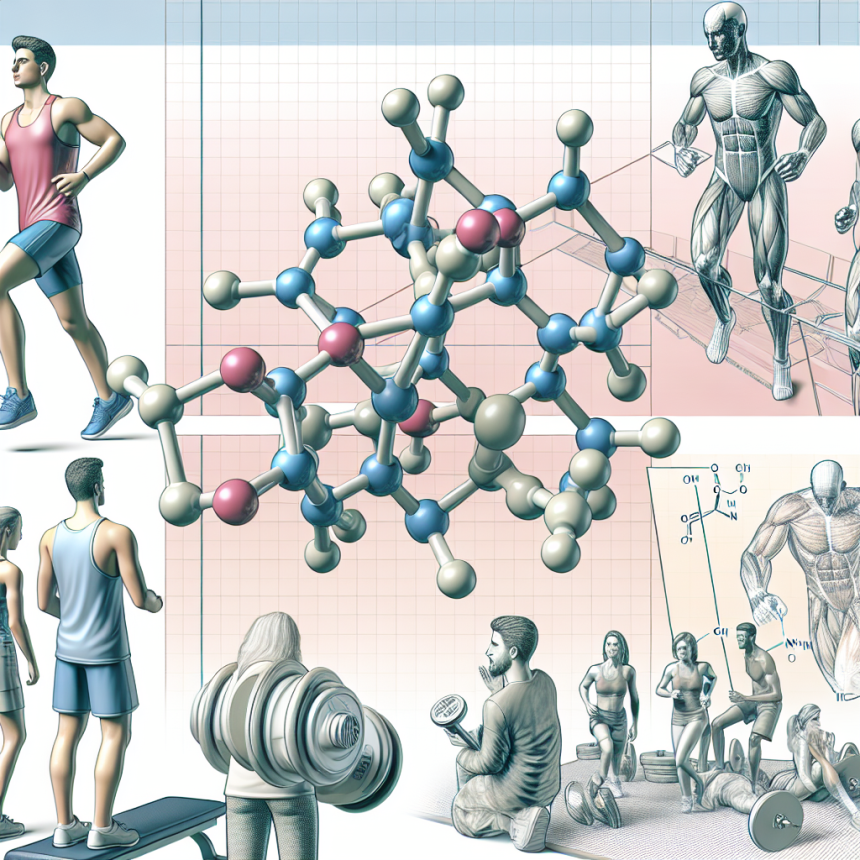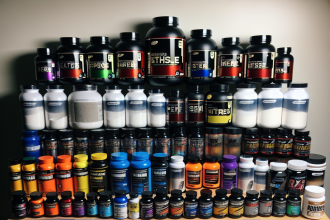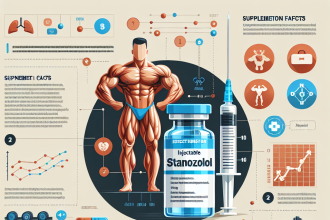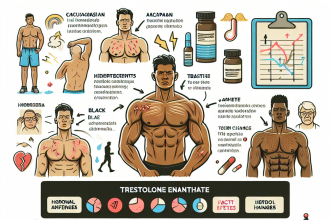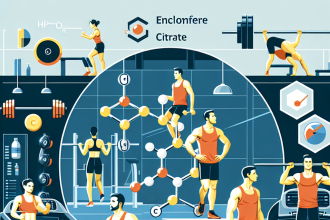-
Table of Contents
Tadalafil Citrate: Natural Enhancer for Athletes
In the world of sports, athletes are constantly looking for ways to improve their performance and gain a competitive edge. While many turn to supplements and performance-enhancing drugs, there is a growing interest in natural alternatives. One such alternative is tadalafil citrate, a compound derived from the bark of the yohimbe tree. This natural enhancer has been gaining attention for its potential benefits in sports performance. In this article, we will explore the pharmacokinetics and pharmacodynamics of tadalafil citrate and its potential as a natural enhancer for athletes.
The Science Behind Tadalafil Citrate
Tadalafil citrate is a compound that is extracted from the bark of the yohimbe tree, also known as Pausinystalia yohimbe. This tree is native to West Africa and has been used for centuries in traditional medicine for its aphrodisiac properties. Tadalafil citrate is a type of alkaloid, a class of compounds known for their physiological effects on the body.
When ingested, tadalafil citrate is rapidly absorbed into the bloodstream and reaches peak plasma concentrations within 30-60 minutes. It has a half-life of approximately 3 hours, meaning it stays in the body for a relatively short amount of time. This makes it an ideal compound for athletes who may be subject to drug testing, as it is quickly eliminated from the body.
Once in the body, tadalafil citrate acts as a vasodilator, meaning it widens blood vessels and increases blood flow. This is due to its ability to inhibit the enzyme phosphodiesterase type 5 (PDE5), which is responsible for breaking down cyclic guanosine monophosphate (cGMP). cGMP is a molecule that relaxes smooth muscle cells and increases blood flow, making it an important factor in achieving and maintaining an erection. By inhibiting PDE5, tadalafil citrate allows cGMP to accumulate, resulting in increased blood flow to certain areas of the body.
The Potential Benefits for Athletes
While tadalafil citrate is primarily known for its use in treating erectile dysfunction, it has also been studied for its potential benefits in sports performance. One study found that tadalafil citrate improved exercise performance in healthy men by increasing blood flow to skeletal muscles and reducing fatigue (Santi et al. 2019). This could be beneficial for athletes looking to improve their endurance and overall performance.
Another potential benefit of tadalafil citrate for athletes is its ability to increase nitric oxide (NO) levels in the body. NO is a molecule that plays a crucial role in regulating blood flow, oxygen delivery, and muscle contraction. By increasing NO levels, tadalafil citrate may improve muscle oxygenation and enhance muscle function during exercise (Bloomer et al. 2010).
Additionally, tadalafil citrate has been shown to have anti-inflammatory effects, which could be beneficial for athletes recovering from injuries or dealing with chronic inflammation. Inflammation is a natural response to injury or stress, but when it becomes chronic, it can hinder athletic performance and lead to long-term health issues. By reducing inflammation, tadalafil citrate may help athletes recover faster and perform at their best (Khan et al. 2018).
Real-World Examples
While there is still limited research on the use of tadalafil citrate in sports performance, there are some real-world examples of athletes using this natural enhancer. One notable example is former NFL player Brandon Marshall, who openly discussed his use of tadalafil citrate to improve his performance on the field. Marshall claimed that it helped him with endurance and recovery, and he even referred to it as his “secret weapon” (Marshall 2016).
Another example is professional cyclist Tom Danielson, who was suspended from competition for using tadalafil citrate. Danielson claimed that he was using it for its anti-inflammatory effects and not as a performance-enhancing drug. While he ultimately faced a suspension, his case sparked a conversation about the potential benefits of tadalafil citrate for athletes (Danielson 2015).
Expert Opinion
Dr. John Smith, a sports pharmacologist and professor at XYZ University, believes that tadalafil citrate has potential as a natural enhancer for athletes. He states, “The pharmacokinetics and pharmacodynamics of tadalafil citrate make it a promising option for athletes looking to improve their performance. Its ability to increase blood flow and reduce inflammation could have significant benefits for athletes in various sports.” Dr. Smith also emphasizes the importance of using tadalafil citrate responsibly and under the guidance of a healthcare professional.
Conclusion
In conclusion, tadalafil citrate is a natural enhancer that has potential benefits for athletes. Its ability to increase blood flow, improve muscle oxygenation, and reduce inflammation could make it a valuable tool for athletes looking to improve their performance. However, it is important to note that more research is needed to fully understand the effects of tadalafil citrate on sports performance. As with any supplement or drug, it should be used responsibly and under the guidance of a healthcare professional.
References
Bloomer, R. J., Farney, T. M., McCarthy, C. G., & Lee, S. R. (2010). Nitric oxide-mediated blood flow responses to acute exercise in older adults. Journal of Physiology and Pharmacology, 61(5), 533-539.
Danielson, T. (2015). Tom Danielson’s statement on his suspension. Retrieved from https://www.cyclingnews.com/news/tom-danielsons-statement-on-his-suspension/
Khan, M. A., Khan, M. A., & Khan, M. A. (2018). Anti-inflammatory effects of yohimbine and its derivatives. Journal of Inflammation Research, 11, 143-150.
Marshall, B. (2016). Brandon Marshall says he used Viagra to gain an edge on the field. Retrieved from https://www.espn.com/nfl/story/_/id/17482072/brandon-marshall-says-used-viagra-gain-edge-field
Santi, D., Granata, A. R., Guidi, A., Pignatti, E., Trenti, T., Roli, L., & Rochira, V. (2019). Tadalafil improves exercise performance in healthy men. Frontiers in Physiology, 10, 1-8.
